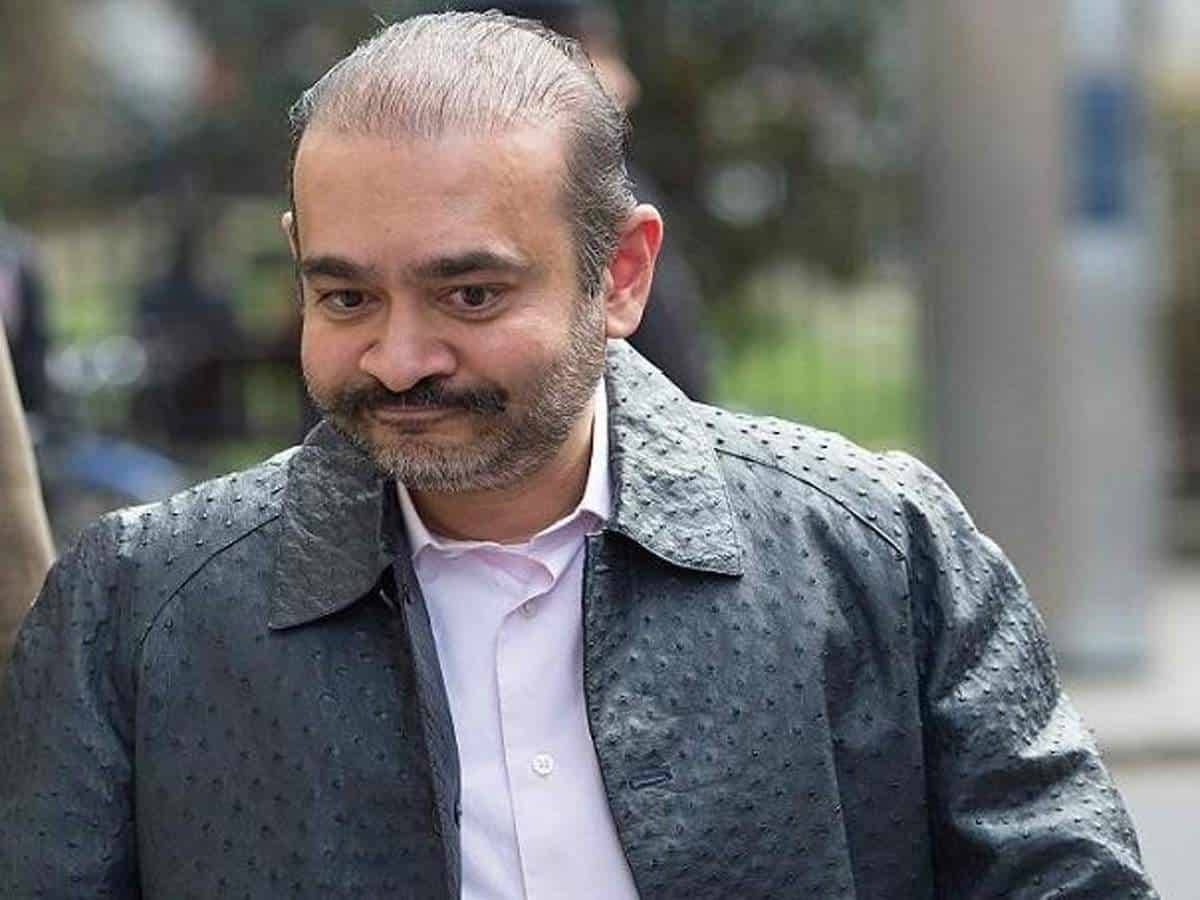
London: Diamond merchant Nirav Modi on Wednesday lost his appeal against extradition on mental health grounds as the London High Court here ruled that his risk of suicide is not such that it would be either unjust or oppressive to extradite him to India to face charges of fraud and money laundering.
Lord Justice Jeremy Stuart-Smith and Justice Robert Jay, who presided over the appeal hearing at the Royal Courts of Justice earlier this year, said in their verdict that District Judge Sam Goozee’s Westminster Magistrates’ Court order from last year in favour of extradition was “sound”.
The leave to appeal in the High Court had been granted on two grounds under Article 3 of the European Convention of Human Rights (ECHR) to hear arguments if it would unjust or oppressive to extradite 51-year-old Modi due to his mental state and Section 91 of the Extradition Act 2003, also related to mental health.
“Pulling these various strands together and weighing them in the balance so as to reach an overall evaluative judgment on the question raised by Section 91, we are far from satisfied that Mr Modi’s mental condition and the risk of suicide are such that it would be either unjust or oppressive to extradite him, the ruling states.
“It may be that the main benefit of the appeal has been to obtain the extensive further [Indian government] assurances that we have identified in the course of this judgment, which render the position clear to Mr Modi’s advantage and the District Judge’s decision supportable, the judges ruled.
As he has lost this appeal hearing, Modi can approach the Supreme Court on a point of law of public importance, to be applied for to the Supreme Court against the High Court’s decision within 14 days of a High Court verdict. However, this involves a high threshold as appeals to the Supreme Court can only be made if the High Court has certified that the case involves a point of law of general public importance.
Finally, after all avenues in the UK courts are exhausted, the diamantaire could still seek a so-called Rule 39 injunction from the European Court of Human Rights (ECHR). Therefore, the process of bringing him back to India to be lodged at Arthur Road Jail in Mumbai and stand trial for fraud and money laundering amounting to an estimated USD 2 billion in the Punjab National Bank (PNB) loan scam case still has some way to go.
His legal team are yet to comment on any plans to appeal the High Court verdict.
Meanwhile, Modi remains at Wandsworth Prison in south-west London since his arrest in March 2019.
Modi is the subject of two sets of criminal proceedings, with the Central Bureau of Investigation (CBI) case relating to a large-scale fraud upon PNB through the fraudulent obtaining of letters of undertaking (LoUs) or loan agreements, and the Enforcement Directorate (ED) case relating to the laundering of the proceeds of that fraud.
He also faces two additional charges of “causing the disappearance of evidence” and intimidating witnesses or criminal intimidation to cause death, which were added to the CBI case.



